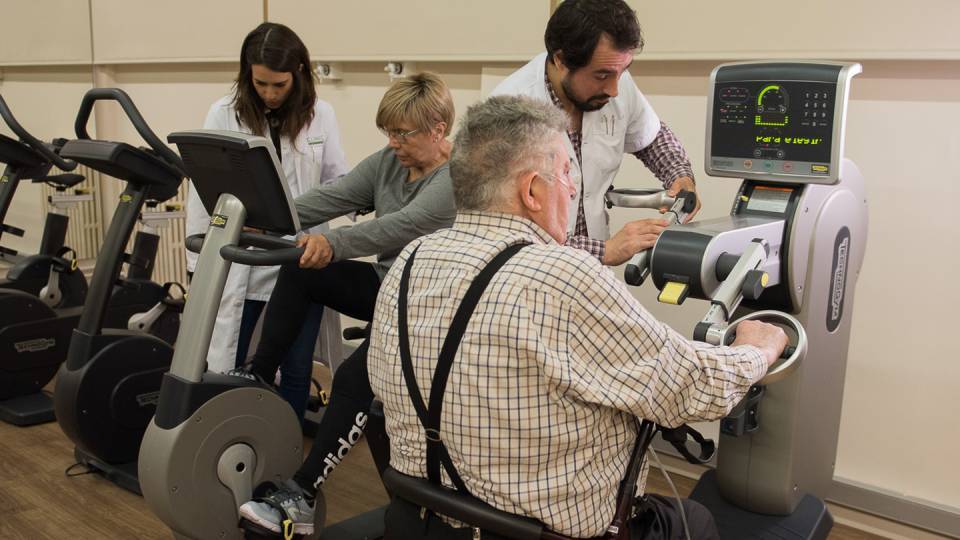The main symptomatology of COVID-19 is respiratory. It can cause pneumonia and severe acute respiratory syndrome. However, COVID-19 can also cause neurological symptoms. Some are relatively mild, such as loss of smell (hyposmia), as well as more serious complications such as ictus or even encephalitis. It is not known whether the existence of an underlying neurological disease may be a risk factor, whether COVID-19 is particularly severe in patients with neurological diseases, or whether it can worsen the underlying disease.
In the case of Parkinson’s disease (PD) there is little information about whether the prevalence of COVID-19 is greater in these patients than in the rest of the population, although various studies suggest that it is similar.
The motor symptoms caused by Parkinson’s disease may worsen in the context of any infection, and COVID-19 is no exception, especially in cases of serious infection. As for non-motor symptoms, loss of smell is a common symptom both in Parkinson’s disease and in COVID-19. As such, in Parkinson’s patients who have already experienced a loss of smell, this symptom may hinder suspicion of Sars-Cov-2 infection. Other non-motor symptoms belonging to advanced stages of the disease such as urinary (incontinence), gastrointestinal (constipation with risk of intestinal subocclusion) and neuro-psychiatric (cognitive deterioration and hallucinations) problems worsen easily when any significant infection such as COVID-19 is contracted.
Another relevant matter is the effect of lockdown and remote medical treatment on patients with Parkinson’s disease. Lockdown may lead to worsening of motor condition due to reduced physical activity and the interruption of physiotherapy sessions. It has also been observed that during lockdown, the use of remote communication tools, whether with family members or healthcare professionals, can worsen symptoms such as anxiety, confusion or hallucinations. For this reason, it is advised to maintain an active life during periods of lockdown and to be aware of worsening of neuropsychiatric symptoms with the use of telematic communication in predisposed patients.
Furthermore, some patients with advanced Parkinson’s disease use devices to administer their treatment, for example a continuous infusion of medication, or deep brain stimulation using electrodes. In these cases, prior therapeutic education and remote medical care during lockdown are very important for resolving any problems or questions that may arise.
In the case of patients with Parkinson’s disease who are hospitalised because of COVID-19, it is important to follow the advice of neurology specialists who are also specialised in Parkinson’s disease. This specialised advice is essential, for example when administering treatment, as it must be remembered that some anti-Parkinson's drugs interact with the treatments being employed for COVID-19. In particular levodopa, because it causes an increase in the effect of drugs used to treat COVID-19, such as chloroquine, hydroxychloroquine, tocilizumab, as well as apomorphine which increases the risk of long QT syndrome (a cardiac rhythm disorder).
In summary, COVID-19 seems to affect people with Parkinson’s disease in a similar way to the general population, but it may be more serious in cases of advanced disease. During peak epidemic phases, all patients, but in particular those with advanced disease, have to follow strict hygiene and lockdown measures. If patients with Parkinson’s disease are hospitalised due to COVID-19, it is important to follow the advice of professionals specialising in this disease when choosing treatment and managing possible complications.
Authors: Dr Yaroslau Compta, neurologist and Ana Cámara nurse in Advanced Practice in Movement Disorders; Parkinson's and Movement Disorders Unit, Clínic Neuroscience Institute




